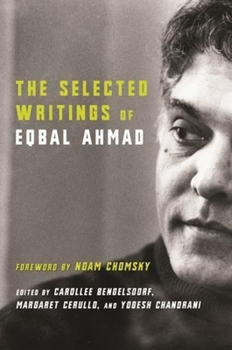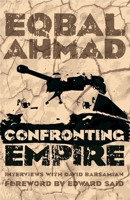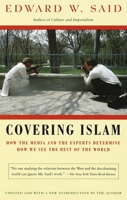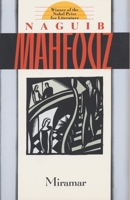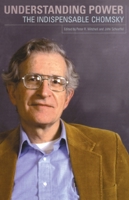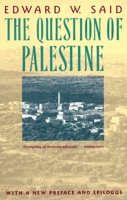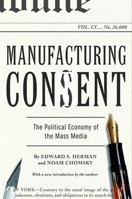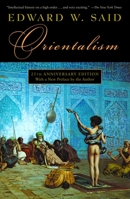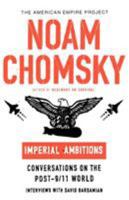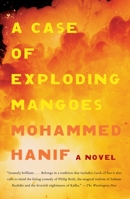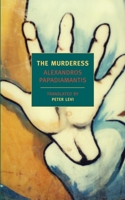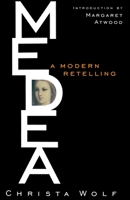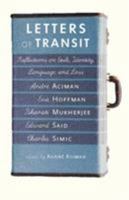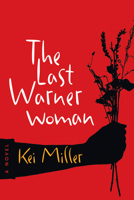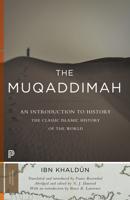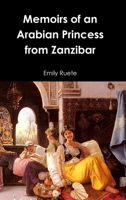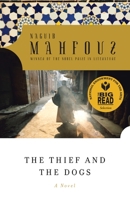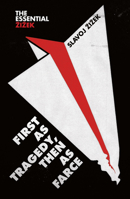The Selected Writings of Eqbal Ahmad
Select Format
Select Condition 
You Might Also Enjoy
Book Overview
Activist, journalist, and theorist, Eqbal Ahmad (1934-1999) was admired and consulted by revolutionaries and activists as well as policymakers and academics. In articles and columns published in such journals as the Nation, New York Review of Books, Monthly Review, and newspapers in Pakistan and Cairo, Ahmad inspired new ways of thinking about global issues. Whether writing on the rise of militant Islam, the conflict in Kashmir, U.S. involvement in Vietnam, or the cynical logic of Cold War geopolitics, Ahmad offered incisive, passionate, and often prophetic analyses of the major political events and movements of the second half of the twentieth century.
This work is the first to collect Ahmad's writings in a single volume. It reflects his distinct understanding of world politics as well as his profound sense of empathy for those living in poverty and oppression. He was a fierce opponent of imperialism and corruption and advocated democratic transformations in postcolonial and third-world societies. A uniquely perceptive critic of colonialism and U.S. foreign policy, Ahmad was equally vigilant in his criticisms of third-world dictatorships. Like few other writers, Ahmad's life experiences shaped his political views. He grew up amidst the turmoil of postcolonial India, worked alongside the Algerian FLN in their fight against the French occupation, and later became a prominent spokesperson for peace between Israel and Palestine.Format:Paperback
Language:English
ISBN:0231127111
ISBN13:9780231127110
Release Date:June 2006
Publisher:Columbia University Press
Length:664 Pages
Weight:2.00 lbs.
Dimensions:1.4" x 6.0" x 9.2"
Grade Range:Postsecondary and higher
Related Subjects
Contemporary Criticism & Theory Essays Essays & Correspondence Foreign Language Fiction Health, Fitness & Dieting Health, Fitness & Dieting History & Criticism Humanities Literary Literary Criticism Literary Criticism & Collections Literature Literature & Fiction Mental Health Movements & Periods Philosophy Politics & Social SciencesMore by Eqbal Ahmad
Customer Reviews
3 customer ratings | 3 reviews
There are currently no reviews. Be the first to review this work.










